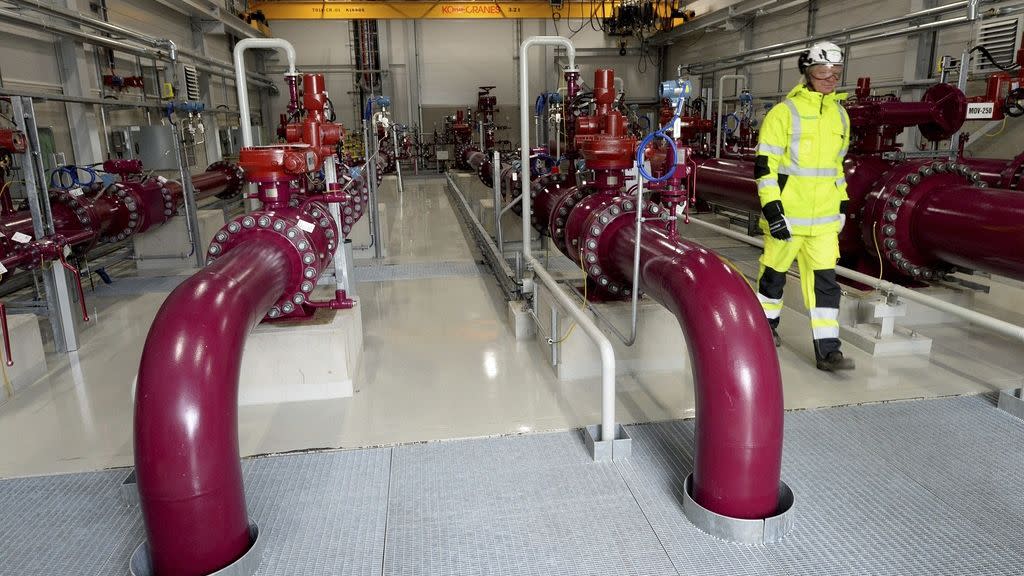Member states agree on single entity to oversee hydrogen market

Member states rubber-stamped the creation of a new single hydrogen operator today (May 21) aiming to boost the mix of renewable and low-carbon gases within the EU’s energy infrastructure system.
In December 2021 the European Commission proposed a so-called 'Gas Package' to lay down common internal rules for renewable, low-carbon gases, natural gas and hydrogen, culminating with the creation of the European Network of Network Operators for Hydrogen.
The proposal was originally contested by Czechia, Greece, Romania and Bulgaria and others, during negotiations between the European Parliament, the Commission and the EU Council. After intense discussions, today’s vote was almost unanimous in favour, apart from Hungary’s opposition.
The new rules call for “integrated and transparent network planning across the EU” with the future hydrogen market falling under the oversight of the EU Agency for the Cooperation of Energy Regulators (ACER). As happens with existing gas network operators, the upcoming hydrogen network operator will be guided by a 10-year EU network development plan provided by the different national hydrogen operators across the bloc, according to the final text.
EU countries have two years to accommodate the new hydrogen rules into their national legislation and they’ll need to come up with tariff discounts and incentives to ease their market and system integration, especially for the emerging hydrogen market, according to the agreed text.
France, Germany, Italy, the Netherlands and Poland are the markets with the largest hydrogen production capacity, according to the data platform European Hydrogen Observatory, yet their estimated volume refers to hydrogen produced from natural gas, which clashes with the EU’s ambition to reach 10m tonnes of domestic renewable hydrogen production by 2030.
The Observatory has also estimated that total hydrogen demand in 2022 was at 8.2m tonnes, with the biggest share coming from refineries (4.6m tonnes) and the ammonia industry (2m tonnes).
Daniel Fraile, chief policy and market officer at the Brussels-based Hydrogen Europe industry group, said the new law will provide “much needed regulatory certainty” as hydrogen players will know “how and when essential infrastructure will be available”.
“The creation of a single hydrogen operator is a major stepping stone for us. It will help orchestrate infrastructure development and put us on an equal footing with electricity and gas operators when it comes to infrastructure planning,” Fraile told Euronews.
French lawmaker Marie Toussaint (Greens), overseeing the legislative file in Parliament, regretted that the final text adopted today “failed to make the necessary transition away from our dependence on gas”, since it lacked a date proposing to phase out fossil fuels.
“It [the text] also gives the green light to the potentially excessive development of hydrogen, without restricting it to 100% renewable criteria,” Toussaint told Euronews.
Despite critising the extent to which the new law will contribute to decarbonise gas and hydrogen infrastructure systems, Toussaint welcomed the governance around the new hydrogen entity.
“The text allows for the creation of an independent structure dedicated to hydrogen planning, thus avoiding the pitfall pushed by the gas lobby, which would have entrusted the keys to hydrogen's future to fossil fuel actors,” she said, adding that the negotiations helped limit the damage caused by “potential conflicts of interest between fossil fuels and hydrogen”.

